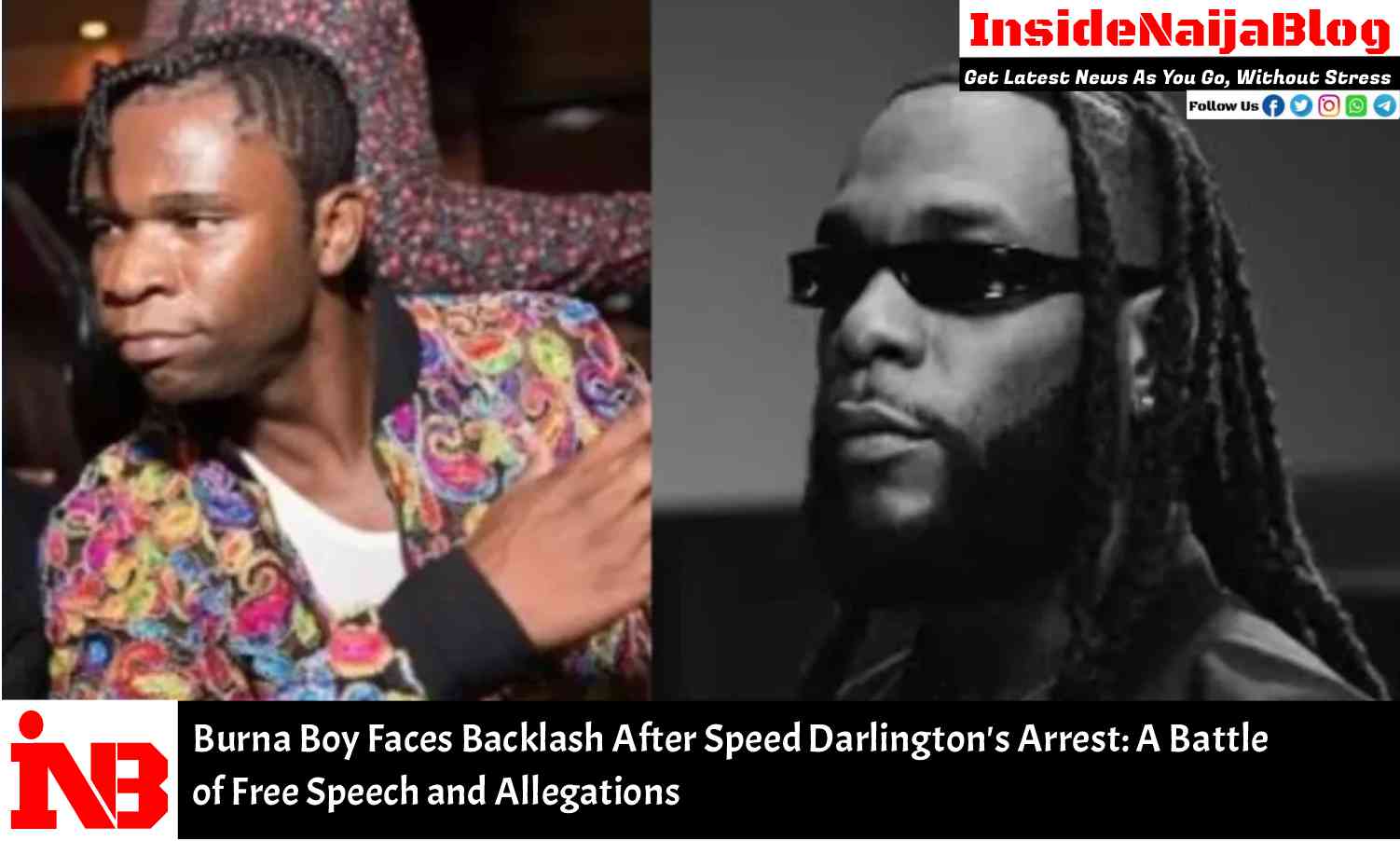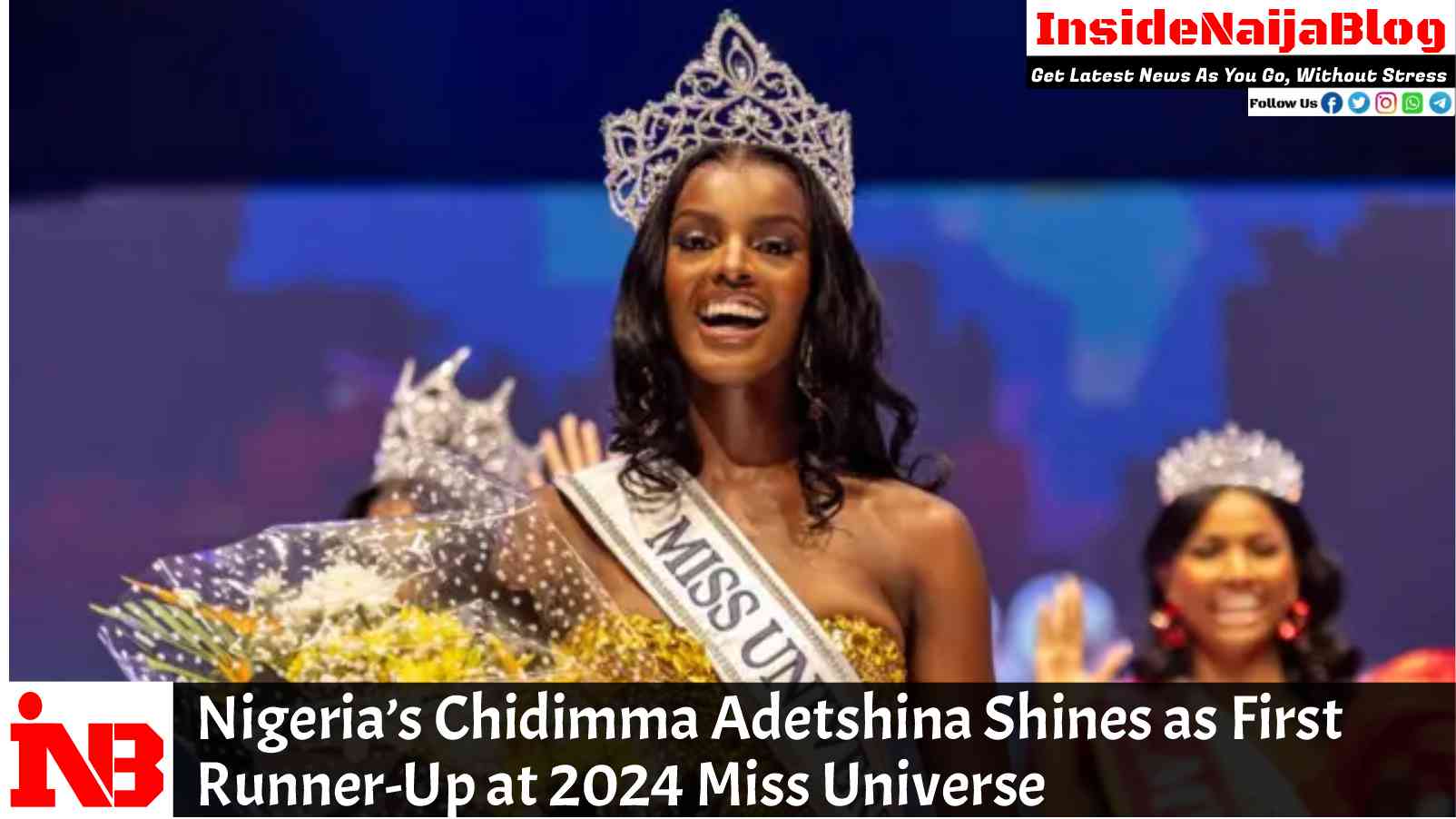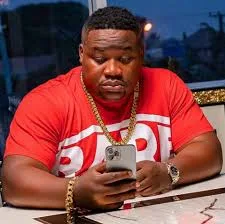Burna Boy, the Grammy-winning Afro-fusion star and self-proclaimed “African Giant,” is known for his socially conscious music that often speaks out against oppression and injustice. However, recent events have placed the celebrated musician in a controversial spotlight, as he’s being accused of acting contrary to his public persona. This controversy erupted following the arrest of his fellow Nigerian singer, Darlington Okoye, better known as Speed Darlington, for alleged defamation and cyberstalking.
The Backstory: How the Feud Began
It all started when Speed Darlington, a vocal and often provocative personality, posted a video online in which he allegedly mocked Burna Boy’s close association with American rapper and producer Sean “Diddy” Combs. Diddy, who had been in the headlines for multiple allegations of misconduct, including charges related to sexual exploitation, was also a producer on Burna Boy’s Grammy-winning album, Twice As Tall, which was released in 2020.
In his viral video, Speed Darlington openly questioned Burna Boy’s Grammy win and criticized the role Diddy and Burna Boy’s mother, Bose Ogulu, played in the production of the album. He insinuated that there was more to Burna Boy’s success than met the eye, sparking outrage among Burna Boy’s fans. This public criticism did not sit well with Burna Boy, who swiftly filed a petition against Speed Darlington, accusing him of defamation and cyberstalking.
As a result, Speed Darlington was arrested by the Nigerian police last Friday, leading to a storm of reactions from the public, especially on social media.
The Social Media Outcry and Backlash Against Burna Boy
The arrest of Speed Darlington quickly became a hot topic, with many fans and social commentators expressing their disappointment in Burna Boy. They accused him of hypocrisy, noting that his music often advocates against oppression and encourages freedom of speech. The arrest was viewed by many as a power move by Burna Boy to silence a critic, which seemed to go against the very ideals he promotes in his songs.
One of the most vocal critics was a social media activist known as Verydarkman (VDM), who publicly condemned Burna Boy’s actions. VDM expressed his disappointment, stating that Burna Boy was not known to be an oppressor and urged him to handle the situation through civil litigation rather than a criminal arrest. “Burna Boy, you are not an oppressor, sue the guy and handle it as a civil case,” VDM said, adding, “Everyone has the right to freedom of speech, but if your rights are breached, you should take the matter to court.”
This sentiment was echoed by many fans and fellow entertainers, who questioned why Burna Boy would take such drastic legal action over criticism, especially when he has faced much harsher scrutiny in the past without resorting to such measures.
Speed Darlington’s Arrest and Release: The Timeline
Following the arrest, Speed Darlington’s whereabouts were initially unknown, which further fueled the outrage on social media. His mother took to social media in a viral video, claiming that her son had been detained because of the video he posted, and alleged that Burna Boy was behind it all.
This claim seemed to be confirmed when, shortly after Speed Darlington was declared missing by his fans online, Burna Boy tweeted a cryptic message on X (formerly known as Twitter), which simply read: “Who’s missing?” The timing of this tweet led many to believe that Burna Boy was aware of Speed Darlington’s situation, and his message was seen by some as mocking and insensitive.
However, the situation took a positive turn when social activist Mr. Adeyanju intervened, helping Speed Darlington meet the bail conditions set by the police. On Tuesday night, after spending several days in custody, Speed Darlington was released.
The Larger Debate: Free Speech vs. Defamation
The arrest of Speed Darlington and the subsequent backlash against Burna Boy have reignited a larger debate about free speech and the limits of defamation in the digital age. On one hand, there are those who argue that everyone, including public figures like Burna Boy, has the right to defend their reputation and seek legal redress when they feel wronged. On the other hand, there are those who believe that public figures must be more tolerant of criticism, especially given the platform and influence they wield.
For Burna Boy, this incident has led to questions about his true stance on the issues he often addresses in his music. As someone who has built a reputation as a voice for the oppressed, many fans now wonder if this situation undermines the credibility of his message. For Speed Darlington, this episode has only amplified his notoriety, and his release has been seen as a victory for free speech advocates.
As the dust settles, it remains to be seen how this controversy will affect Burna Boy’s public image and whether it will prompt further dialogue about the role of musicians and celebrities in shaping public discourse on sensitive issues like free speech, defamation, and cyberstalking.




